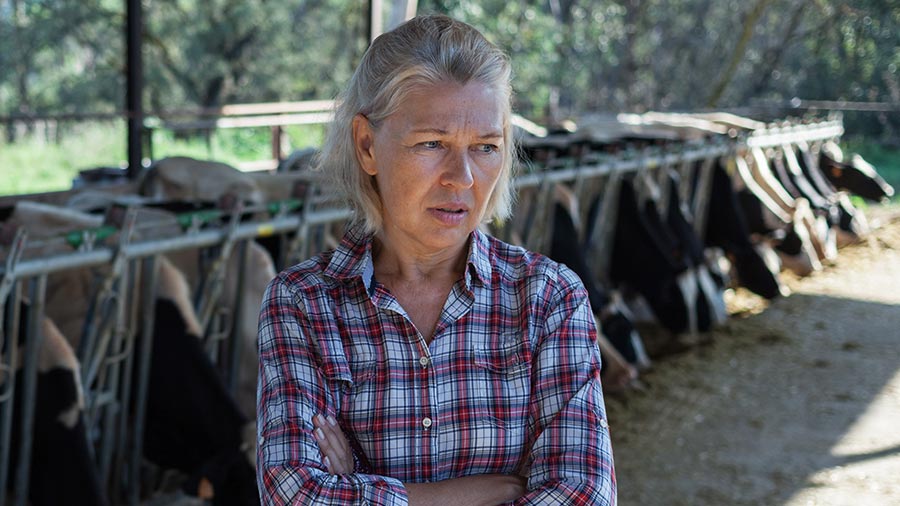Rural charities left to cope with mental health care
 © AdobeStock/Albina
© AdobeStock/Albina Better training of rural healthcare professionals, to improve their mental health awareness and services, is needed to take some of the strain off charities and voluntary groups.
That is one of the conclusions from a wide-ranging study of mental health support services for UK farmers, led by Cranfield University, which found that current mental health provision in rural areas is based on urban delivery models that are unsuitable.
See also: Mental health support available to young farmers
As such, charities and rural support groups are filling these voids, but these too are now under strain.
“Mental health charities are struggling with funding and with the trauma of helping farmers through difficult times,” it says.
The study, funded by the Economic and Social Research Council and also involving the Universities of Exeter, Reading and Sheffield, looked at what lessons could be learned from rural mental health provision during the pandemic lockdowns, when farmers became increasingly stressed, anxious and isolated.
Mental health services in rural communities had come under strain, with uneven provision across the UK.
Training
The report’s authors now want the pressure taken off charities by providing specific training for formal mental health providers and GPs, to improve knowledge of the rural context and farming, what they term as “rural-proofing” primary mental healthcare services.
“Some healthcare settings can be inaccessible and lack an understanding of farming, while informal spaces of social support are being eroded due to the loss of rural community,” it says.
The study also calls for better provision in places where farmers gather, such as at auction marts and agricultural shows.
The research involved 200 farmers and 93 support providers, with in-depth interviews carried out with 22 supporters of mental health in farming.
The project was led by David Rose, professor of sustainable agricultural systems at Cranfield University.
The issue, he says, needs “urgent attention” to ensure farmers get the support they need.
“We want devolved governments to urgently address this and ensure support is in place for future shocks,” he said, in reference to the pandemic.
Community
For people living and working in the farming community, greater emphasis in recent years on addressing mental health issues and reducing the stigma attached has been welcomed, but Pembrokeshire dairy farmer Hannah Rees says there is still a long way to go.
She is calling for an end to a blanket approach of counselling being seen as the only way to help people.
“Discussion groups and zoom meetings are other fantastic ways of providing support and countering loneliness,” said Ms Rees, who is 26.
The introduction of mental health first aid training for people working in agriculture needs to be considered too, she adds.

